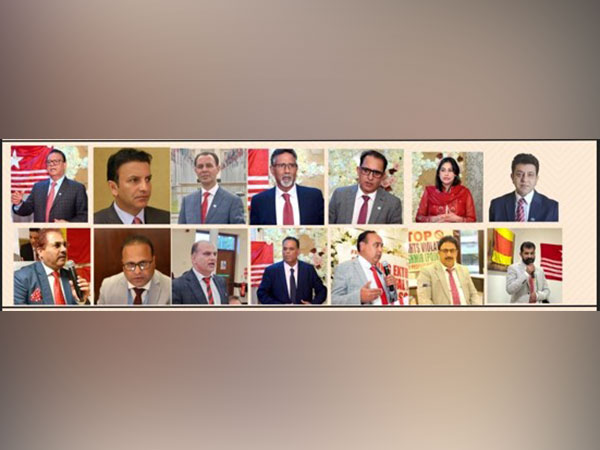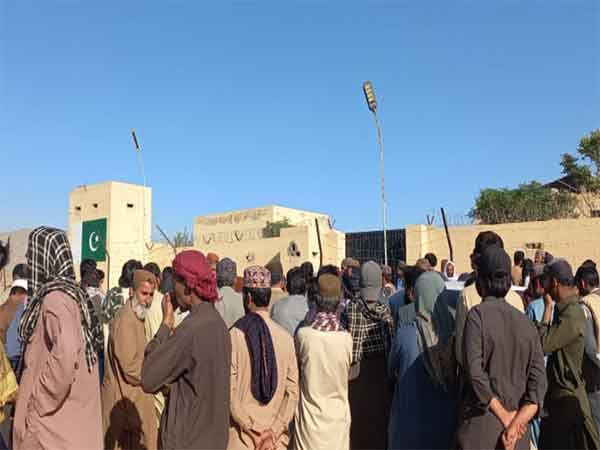Pakistan to seek IMF relief to mitigate COVID-19 impact
Apr 07, 2021

Islamabad [Pakistan], April 7 : Amid the rising number of Covid-19 cases in Pakistan, Prime Minister Imran Khan has said that his government would approach the International Monetary Fund (IMF) for another relief package to mitigate the impact of the pandemic.
Addressing an event of the Pakistan National Human Development Report on Inequality on Tuesday, the Pakistan PM said his government's "main concern is to lift our people" out of poverty, The Express Tribune reported.
"We are going to speak to IMF because we see disruptions ahead. Just when our economy was recovering and all the indicators were positive, unfortunately, we will have to review the whole situation and our new Ehsaas Program," he said.
This comes as Pakistan's COVID-19 deaths crossed the 15,000-mark on Wednesday. Meanwhile, the number of COVID-19 cases has also crossed 700,000 cases.
Last month, Pakistan had received the third tranche of nearly USD 500 million from the IMF loan program.
"SBP has received IMF tranche of USD 498.7 million (equivalent to SDR 350 million) under the Extended Fund Facility," Pakistan's central bank had tweeted.
The loan was received after the country resumed the USD six billion loan program a couple of weeks ago, which was on hold since the outbreak of the pandemic.
A recent survey has put a question mark over the priorities of the Pakistan Prime Minister as people across the country are fearing "uncontrolled inflation".
According to a survey by Ipsos, published in The Express Tribune on Tuesday, two-thirds of respondents in the poll have described the current economic situation in Pakistan as "bad" with increasing skepticism about any improvement in their conditions.
"32 per cent of respondents, inflation was the most worrisome issue, followed by unemployment (20 per cent) and COVID-19 (16 per cent), which showed the poll results. The survey findings also put a question mark over the priorities of Imran Khan, who talked about eradicating corruption more than lessening the economic woes of the people."
The survey, which was conducted from March 18 and 24 while interviewing over 1,000 respondents, revealed that consumers had very low confidence and were reluctant to make investment decisions.




















